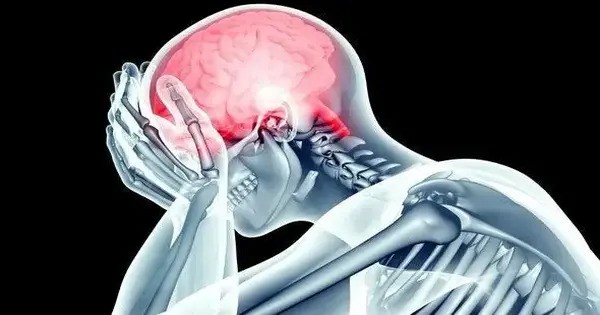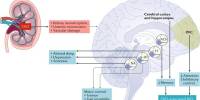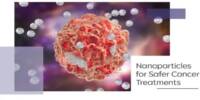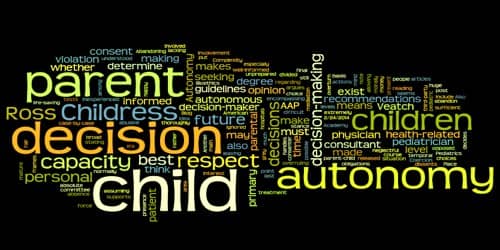Many migraine sufferers find it difficult to find an effective and dependable treatment, and information on how drugs compare to one another is limited. A new study collects data from almost 300,000 patients using a smartphone app to help them make drug decisions. According to new research published in the online edition of Neurology®, the medical journal of the American Academy of Neurology, certain migraine medications such as triptans, ergots, and anti-emetics may be two to five times more effective than ibuprofen in treating migraine attacks.
Migraine attacks are characterized by severe throbbing headaches, sensitivity to light and sound, and nausea or vomiting. Previous research has found that migraines can be connected with cognitive difficulties. All of these symptoms can have an impact on a person’s well-being and productivity.
“Those suffering from migraines have numerous treatment choices available to them. However, there are no direct comparisons of the efficacy of different therapeutic alternatives,” stated study author Chia-Chun Chiang, MD, of the Mayo Clinic in Rochester, Minnesota, and a member of the American Academy of Neurology. “These results confirm that triptans should be considered earlier for treating migraine, rather than reserving their use for severe attacks.”
For people whose acute migraine medication is not working for them, our hope is that this study shows that there are many alternatives that work for migraine, and we encourage people to talk with their doctors about how to treat this painful and debilitating condition.
Chia-Chun Chiang
Over 3 million migraine attacks from roughly 300,000 users were included in the study, which was conducted over a six-year period using a smartphone app. The program lets users track the frequency of migraine attacks, triggers, symptoms, and treatment effectiveness.
Participants submitted 4.7 million treatment attempts for migraine bouts using various drugs into the app. They logged on the app whether a drug was beneficial or not. The researchers then used this information to calculate each drug’s effectiveness in comparison to ibuprofen.
Researchers looked at a total of 25 medications among seven drug classes. Different dosages of medication and formulas of each medication were combined in this analysis. The study found that the top three classes of medications more effective than ibuprofen were triptans, ergots and anti-emetics. Triptans were five times more effective than ibuprofen, ergots were three times more effective and anti-emetics were two and a half times more effective.

When comparing individual drugs, the top three were eletriptan, which was six times more effective than ibuprofen, zolmitriptan, which was five and a half times more effective, and sumatriptan, which was five times more effective.
Researchers discovered that eletriptan was beneficial to participants 78% of the time. Zolmitriptan was useful 74% of the time, while sumatriptan was helpful 72% of the time. Ibuprofen worked 42% of the time.
Researchers also looked at other groups of medication such as acetaminophen and nonsteroidal anti-inflammatory drugs (NSAIDs). NSAIDs other than ibuprofen were 94% more effective than ibuprofen.
Participants found ketorolac helpful 62% of the time, indomethacin was helpful 57% of the time, and diclofenac was helpful 56% of the time. However, acetaminophen was helpful 37% of the time and found to be 17% less effective than ibuprofen when used for treating migraines. Additionally, a common combination of medications used to treat migraine, aspirin, acetaminophen and caffeine was also evaluated and found to be 69% more effective than ibuprofen.
“For people whose acute migraine medication is not working for them, our hope is that this study shows that there are many alternatives that work for migraine, and we encourage people to talk with their doctors about how to treat this painful and debilitating condition,” according to Chiang.
One study weakness was that medication ratings could be influenced by the user’s expectations of the medication or the dosage they took. Another problem was that newer migraine treatments, gepants and ditans, were not included in the study due to a lack of data at the time and their unavailability in many countries.
















